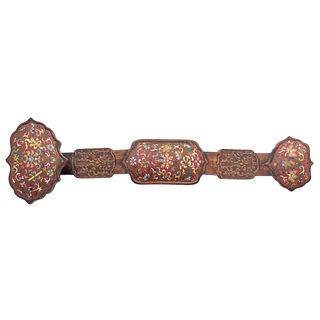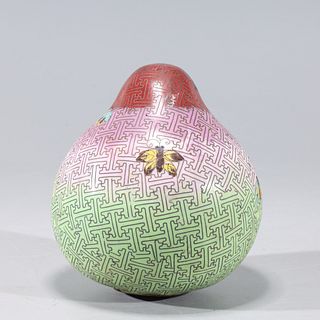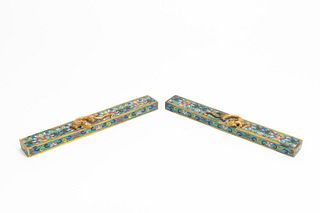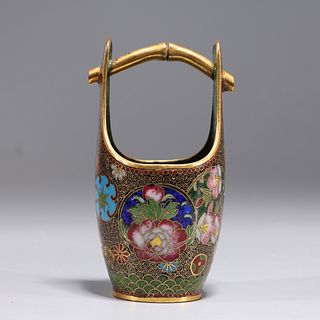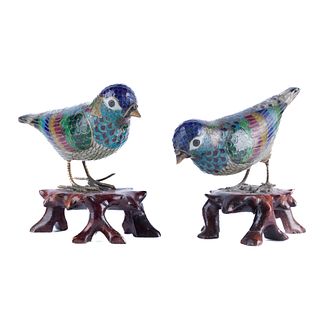2818 Results
Sort by
-
 Estimate$500 - $800
Estimate$500 - $800 -
 Estimate$1,000 - $1,500
Estimate$1,000 - $1,500 -
 Estimate$300 - $500
Estimate$300 - $500 -
 Estimate$100 - $250
Estimate$100 - $250 -
 Estimate$100 - $300
Estimate$100 - $300 -
 Estimate$100 - $200
Estimate$100 - $200 -
 Estimate$400 - $600
Estimate$400 - $600 -
 Estimate$200 - $500
Estimate$200 - $500 -
 Estimate$100 - $300
Estimate$100 - $300 -
 Estimate$100 - $300
Estimate$100 - $300 -
 Estimate$300 - $500
Estimate$300 - $500 -
 Estimate$1,000 - $1,500
Estimate$1,000 - $1,500 -
 Estimate$200 - $400
Estimate$200 - $400 -
 Estimate$100 - $200
Estimate$100 - $200 -
 Estimate$1,200 - $1,800
Estimate$1,200 - $1,800 -
 Estimate$300 - $600
Estimate$300 - $600



 EUR
EUR CAD
CAD AUD
AUD GBP
GBP MXN
MXN HKD
HKD CNY
CNY MYR
MYR SEK
SEK SGD
SGD CHF
CHF THB
THB Live Auction in Progress
Live Auction in Progress








